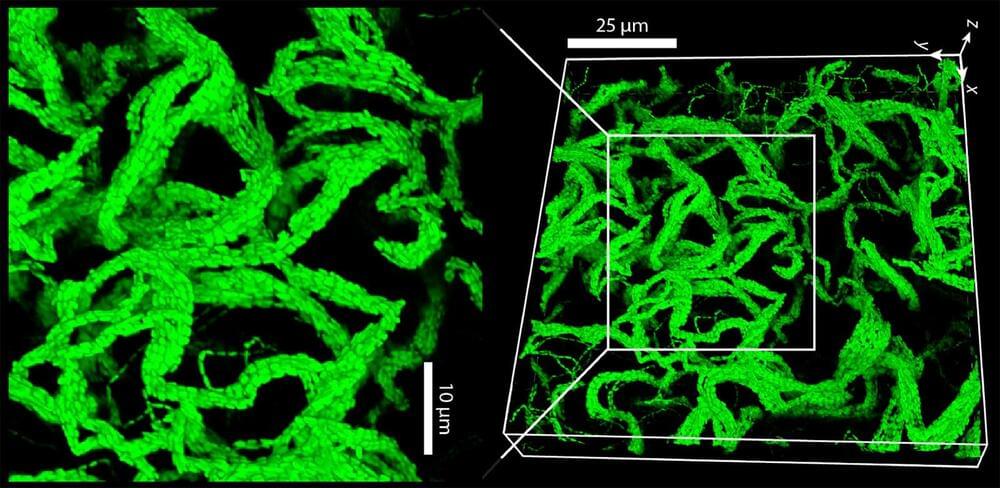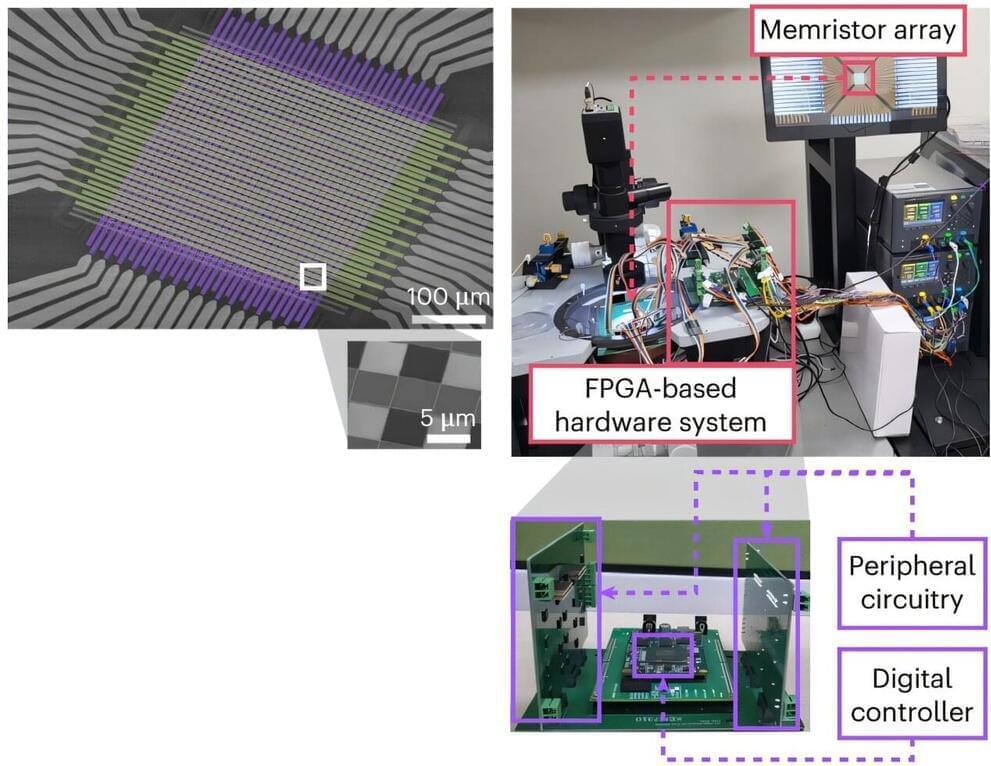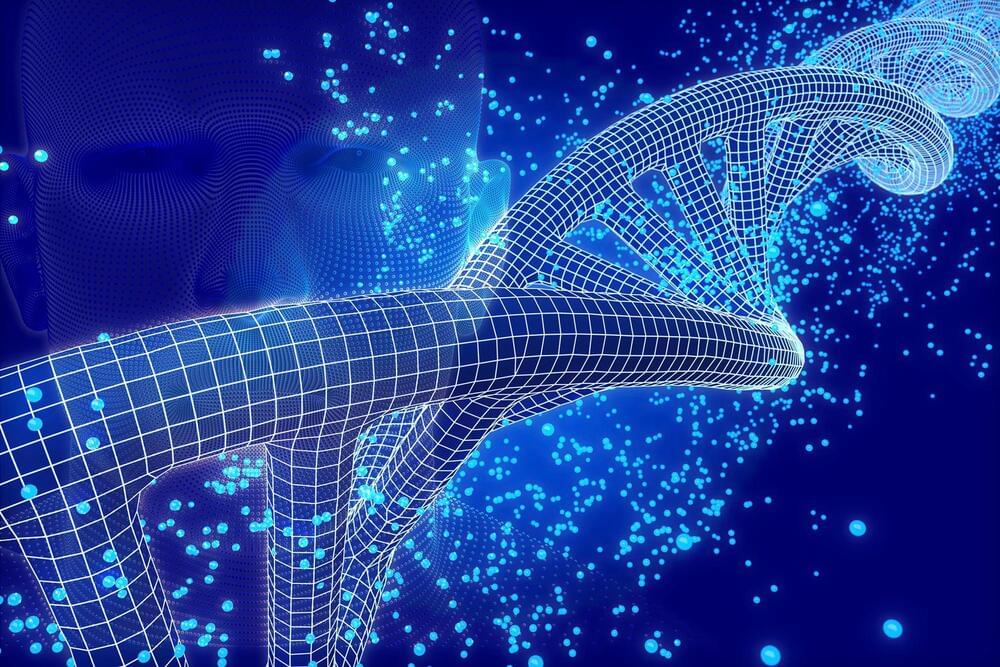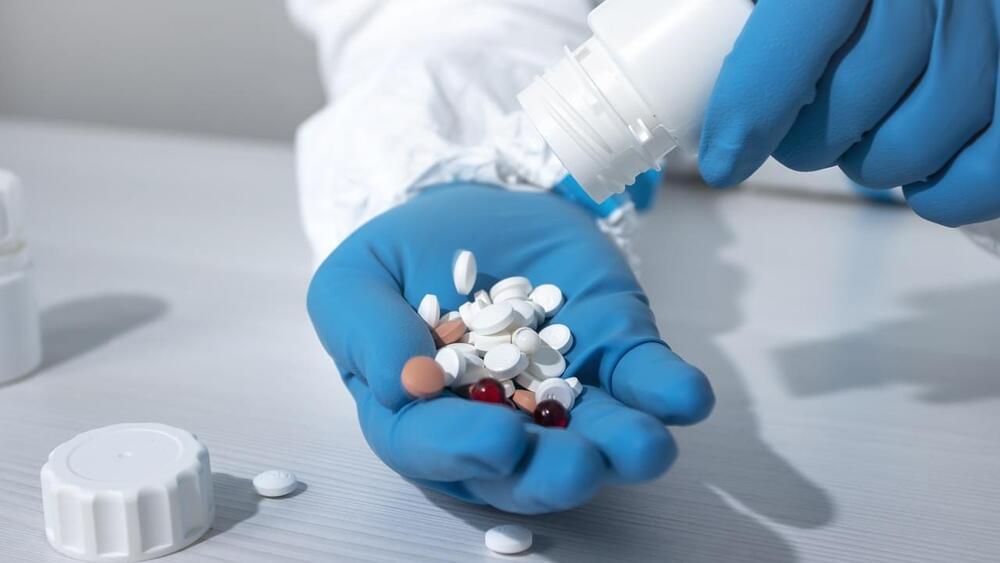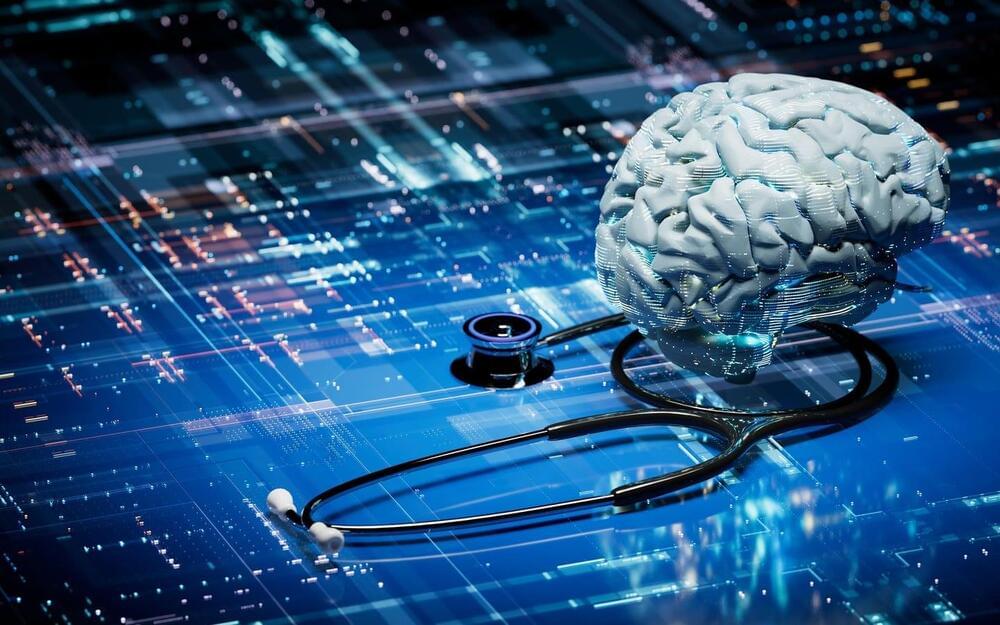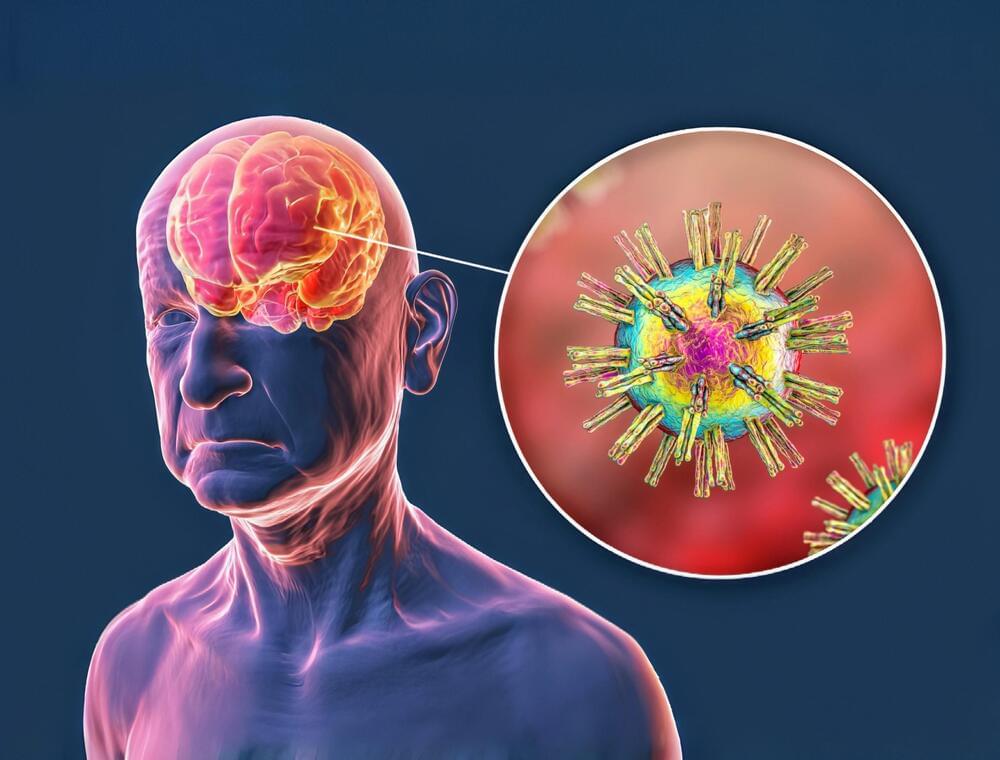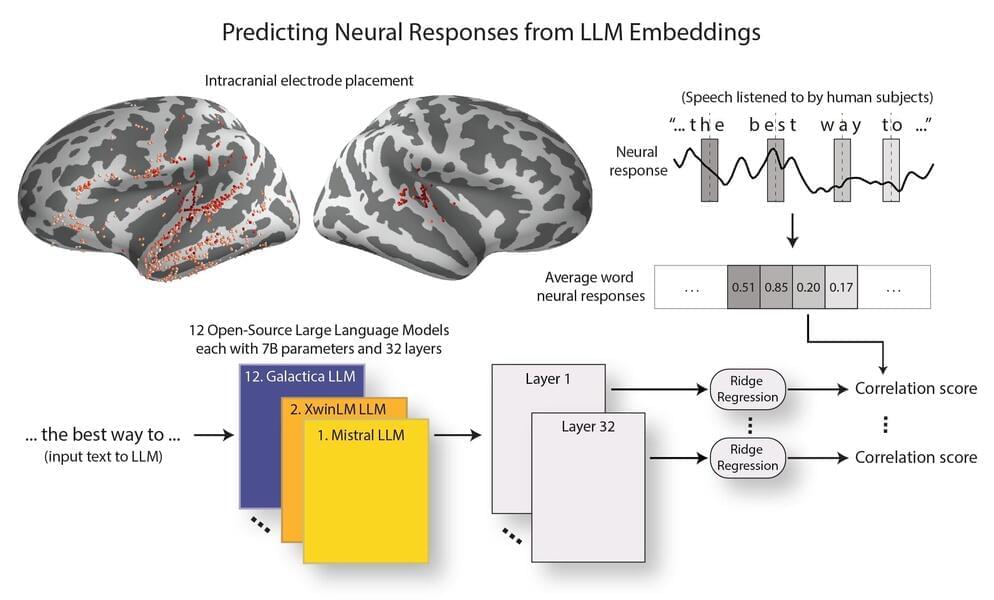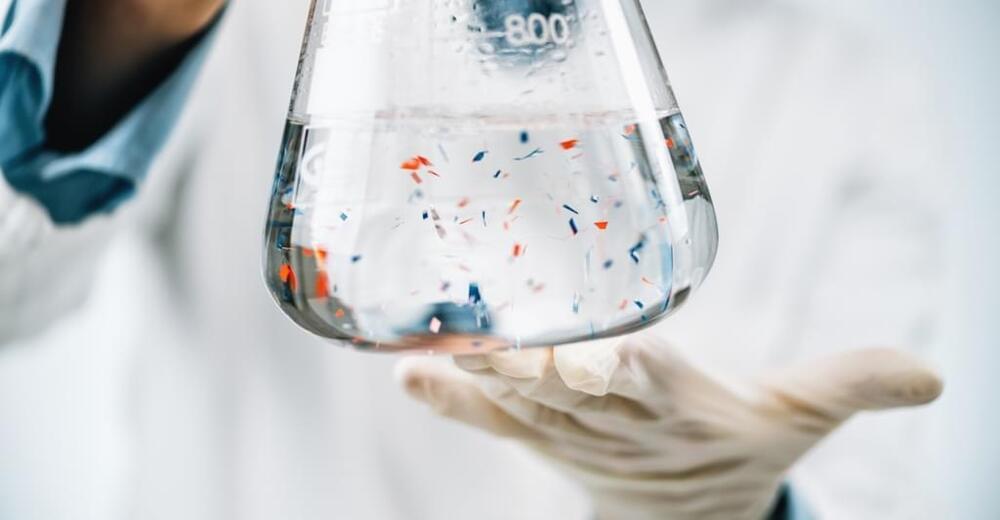Scientists at Caltech and Princeton University have discovered that bacterial cells growing in a solution of polymers, such as mucus, form long cables that buckle and twist on each other, building a kind of “living Jell-O.”
The finding could be particularly important to the study and treatment of diseases such as cystic fibrosis, in which the mucus that lines the lungs becomes more concentrated, often causing bacterial infections that take hold in that mucus to become life threatening. This discovery could also have implications in studies of polymer-secreting conglomerations of bacteria known as biofilms—the slippery goo on river rocks, for example—and in industrial applications where they can cause equipment malfunctions and health hazards.
The work is described in a paper published on January 17 in the journal Science Advances.
